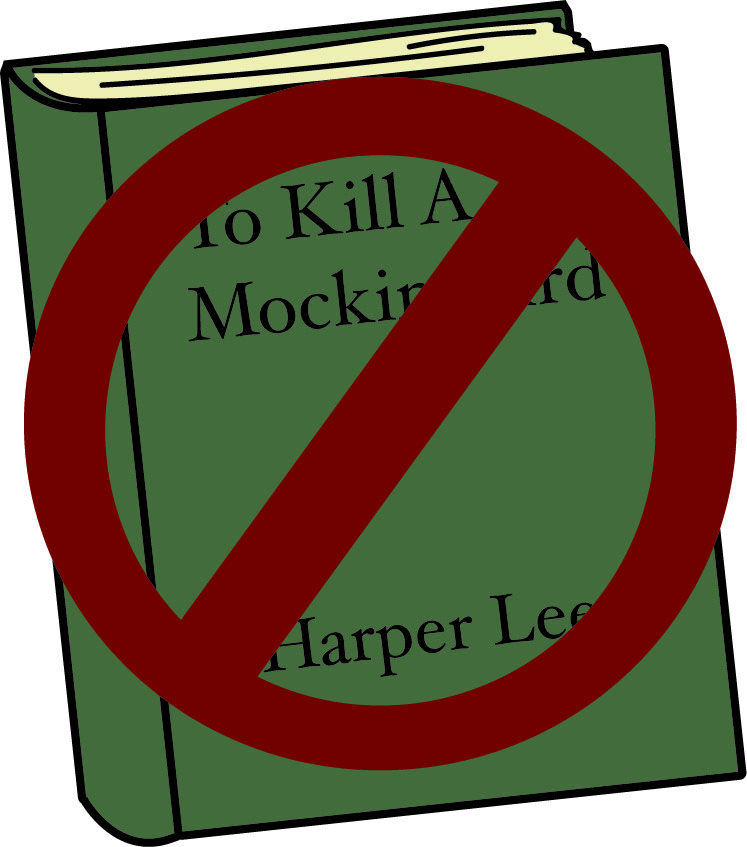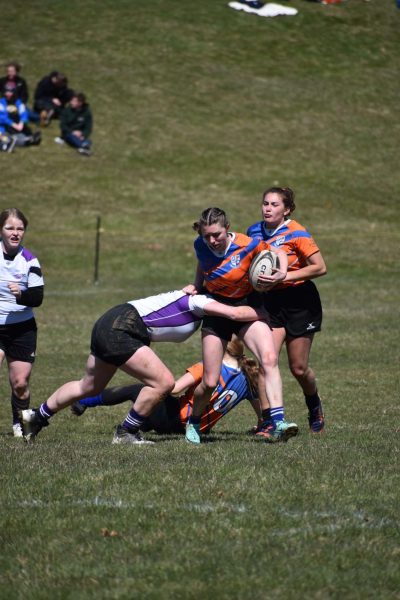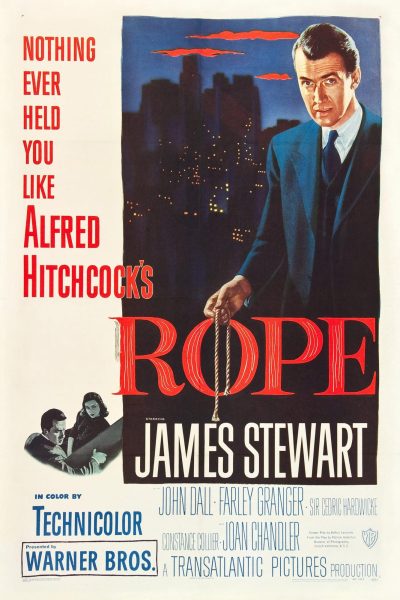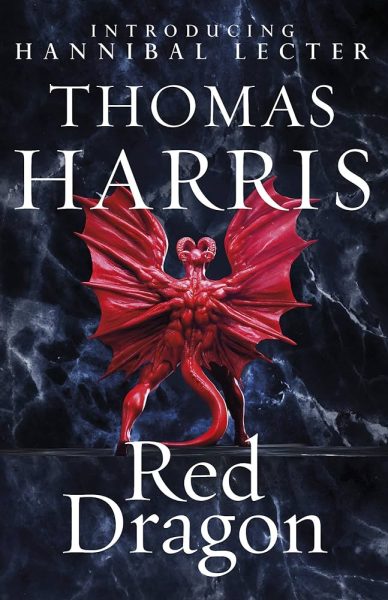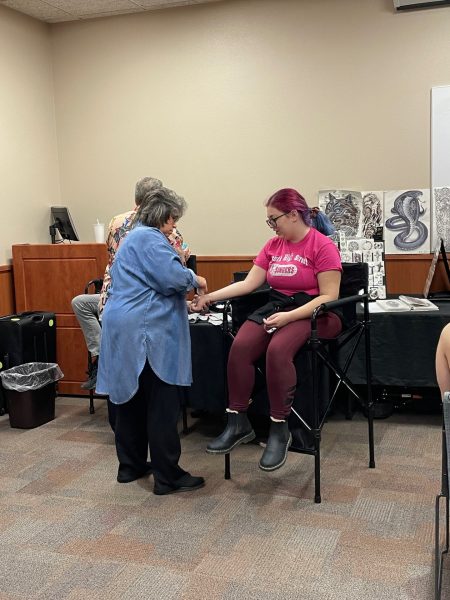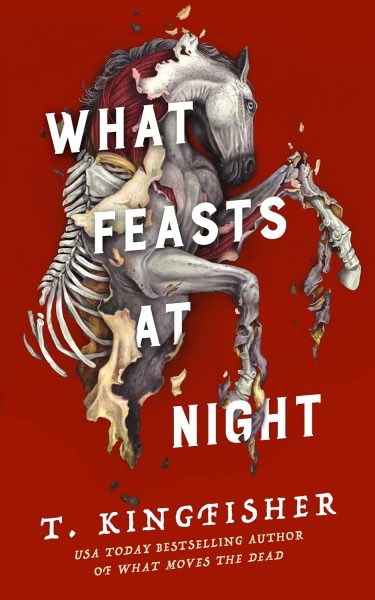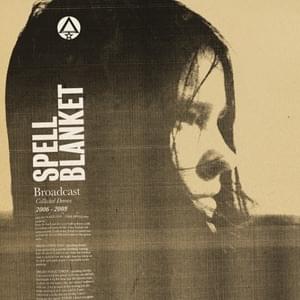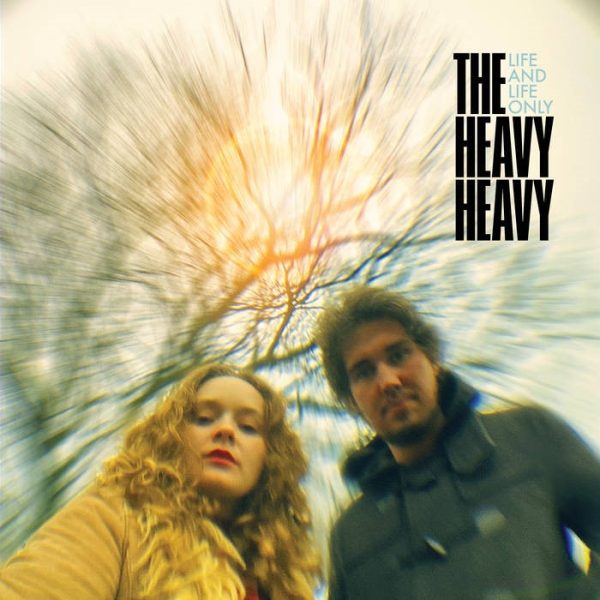Banned books debate
“To me, the definition of a banned book is a book that some people have decided should not be read or taught to children. In some cases, the book cannot even be sold,” humanities department chair Teresa Burns said.
One hot topic that has been running through the education system for centuries is banned books. When most people think of a banned book, they think of books like Fifty Shades of Grey, books censored for explicit sexual scenes or books like The Adventures of Huckleberry Finn, censored for the racial terms used within.
“I think that the most controversial topics that are raised in banned books are sex, mostly involving girls, race, violence and challenge against the government,” assistant professor of humanities David Gillota said
What people usually don’t know is that books get banned for many other reasons, reasons that may not be worth it. According to Auckland Council Libraries, banned books have been prohibited from being published or circulated by a government authority, usually on the grounds of religion, politics or public morality. Most books become banned because a parent deems the novel inappropriate for their child and this leads to the book being taken away from the larger group.
“I do not think that it is okay for any one individual to ban a book for the larger group in an educational system. Teachers can judge what they think appropriate for the class, and they should just be aware of the maturity level of their class,” junior English literature major Lydia Sigwarth said. “I think that banning books sends the message that because you don’t like something, no one can use it to society.”
Most books are banned in an attempt to “protect” children but is that what it is really doing?
According to the American Library Association, “the most common initiators of book challenges are parents, and the most common settings for book challenges are schools, school libraries and public libraries.”
“We really don’t see much of a problem with banned books in the library, but we do tend to have books go missing. Boy Called It is one of the books that gets stolen pretty often, and we aren’t sure if it is because people just really like the book, or if it is because they want to get it out of the reach of children” Sigwarth said.
So, it is seen that banning books are not about the institution or religious views, or government conspiracies but instead, it is about individuals who believe that they are protecting children by attempting to restrict their reading of certain books.
“When I was in middle school and high school, we used to have to get permission slips signed for every book that we were going to be reading in class. I think this lead to hindered discussions because some parent would not want their kid reading a certain book,” third year English education major Audrey Wedig said.
Young adult books are the most highly banned books and it has to do with the fact that younger generations are reading them; parents want to protect their kids from certain topics.
“Being the teacher of Literature for Young Adults, we read a lot of banned books. Actually, every single book we read is a banned or challenged book. They all cover the same issues, and the parents want to have controlled restriction on what children read. Classrooms are safe places for children to ask questions and read about those controversial topics” assistant professor of humanities Josh Anderson said.
It seems that the power and danger within banning books lies within one person’s ability to think that their opinion is the only one that matters, making it the only one that is allowed. Reading is a way that children can learn controversial topics without having to experience them in real life, and it gives them an opportunity to ask questions and understand things better. The big picture that most people seem to be missing is the literal merit that books can bring, and they must consider the time period that the book was written in.
“I am against banning books in the educational system. I believe that whatever the text is, there is a way to contextualize it and make it so that the text offers something to the class. The person teaching the class should have some knowledge about the topic if it is one of controversy, but it should be taught,” Gillota said.
The top ten banned books that have been read by some of our Humanities staff and English education majors are as follows: The Adventures of Huckleberry Finn (Mark Twain, 1884), The Great Gatsby (F. Scott Fitzgerald, 1925), Moby-Dick (Herman Melville, 1851), The Scarlet Letter (Nathaniel Hawthorne, 1850), To Kill a Mockingbird (Harper Lee, 1960), Where the Wild Things Are (Maurice Sendak, 1963), Things Fall Apart (Chinua Achebe, 1958), The Diary of a Young Girl (Anne Frank, 1947), Frankenstein (Mary Shelley, 1818) and The Adventures of Tom Sawyer (Mark Twain, 1876). Many of the readers found these books to be more appealing because they were banned.
“I found Fahrenheit 451 to be my favorite book to teach. I love that it talks about banning books and setting fire to the unrest. I also think that Bradbury did a great thing by talking about how technology is leading to the social decline we see today, and how that is leading to the loss of connection between people” Anderson said. “I thought the class reaction was eye-opening. They saw the threat of technology relating to their own lives and saw what it is doing to society” Anderson said.
Looking into the future, some educators are not sure where the banning of books will take them. The list is always ever-changing, but will it have a negative impact on our future educators?
“Yes, I think that banned books will impact my ability to teach in the future, provided that I am given a choice. I think that banning books leads to a more limited curriculum,” senior English education major Wesley Wingert said.
Banned books have been and will always be, a controversial topic that runs through our educational system. Is it something that we are going to let effect our children’s education, or is there going to be a change to allow for more freedom?




